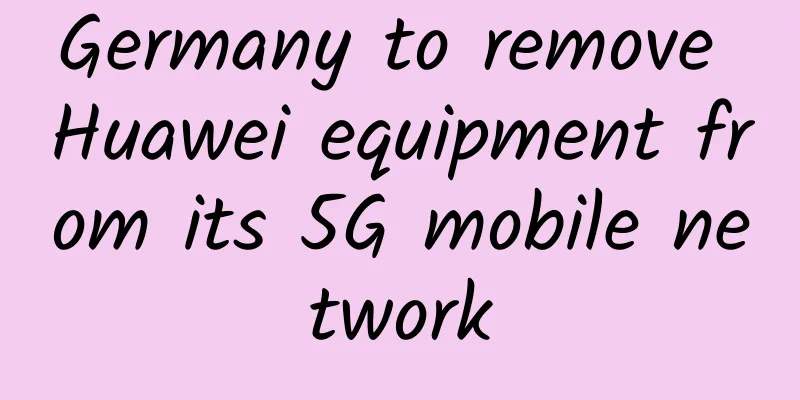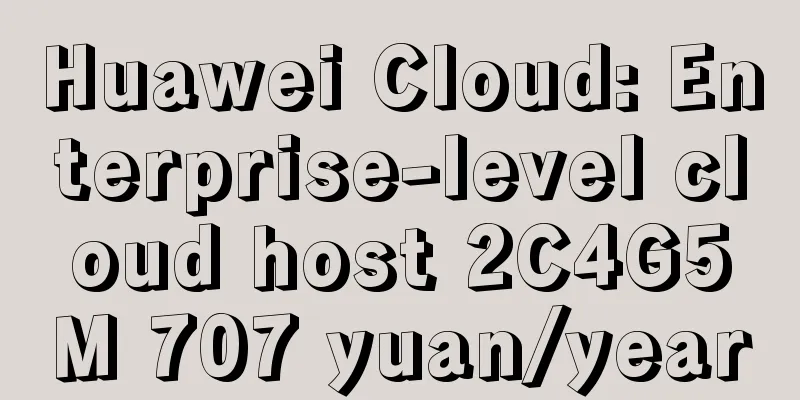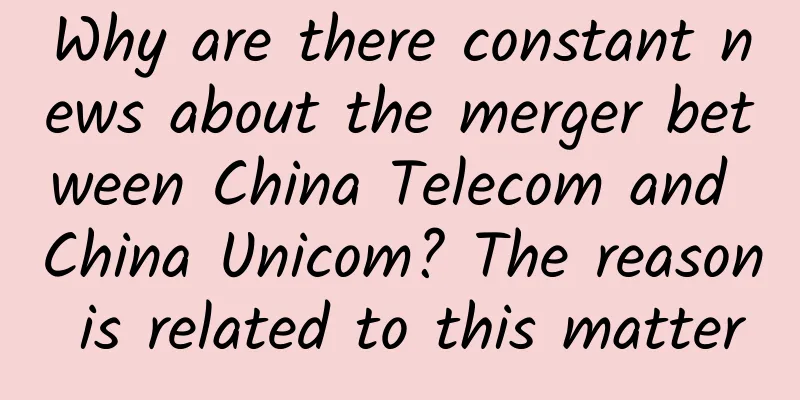Germany to remove Huawei equipment from its 5G mobile network

|
Germany plans to completely remove Chinese-made components from its 5G mobile networks by the end of 2029, according to The Wall Street Journal. The decision is intended to resolve years of debate and respond to U.S. security warnings on the issue. Germany has been discussing restricting the use of Chinese (5G) equipment/components for six years, and former Chancellor Angela Merkel's government has previously refused to introduce a ban due to concerns about costs and retaliation despite continued pressure from the United States. According to a preliminary draft agreement, Germany's major telecom operators have agreed to remove components made by Huawei and ZTE from their core networks by the end of 2026. By the end of 2029, network management systems for all radio access networks should also be cleared of Chinese-made components. At present, the government and operators have not yet signed a final agreement, and details may change in the coming days. For years, the United States has repeatedly warned its Western allies that Chinese-made 5G telecommunications equipment may have backdoors, allowing the Chinese government to steal data or shut down equipment in times of conflict, despite the fact that Chinese 5G telecommunications equipment is cheap and high-quality. In recent years, under pressure from the United States, Germany has pledged to reduce its dependence on Chinese technology and raw materials. German security agencies have also warned of increasing espionage activities from the East and arrested several suspected spies. However, due to economic stagnation and internal friction in the government, the implementation of the policy of containing China has encountered obstacles. While some German government officials worry that China poses a security threat, current German Chancellor Olaf Scholz wants to encourage Chinese investment and prevent a collapse in bilateral trade. The frictions have led Germany to downplay its China strategy and oppose EU efforts to boycott cheap Chinese imports. Germany's interior ministry said it would take steps to ensure the security of key parts of the 5G network. Deutsche Telekom, Telefonica and Vodafone declined to comment, while Huawei and ZTE did not respond. In recent years, European countries including the United Kingdom and the Baltic states have banned Chinese components from their telecom networks. Analysts pointed out that Germany's decision will bring it into line with other European countries, but the action came too late and was mostly based on conditions proposed by operators. Noah Barkin, a consultant at research firm Rhodium, said the timeline of the agreement showed that most Chinese components would only be removed when they reached their expiration date. Data shows that in 2022, Chinese components will account for 59% of Germany's 5G networks, while in the UK it will be 41%, in France it will be 17%, and in the Baltic countries it will be 0%. |
<<: The first step in learning networking: a comprehensive analysis of the OSI and TCP/IP models
>>: TCP three-way handshake: in-depth understanding and C# example implementation
Recommend
Connecting the World: 5G and Beyond Technology Trends in 2024
In the ever-evolving world of technology, 2024 pr...
What do we need to do to make IPv6 a reality?
After the General Office of the CPC Central Commi...
From comfort zone to challenge zone, operators enter a period of deep adjustment
Data released by the Ministry of Industry and Inf...
ShockHosting 50% off all VPS, 2G memory package starts at $5/month, optional large hard drive
ShockHosting is a foreign hosting company founded...
I am confused. If I want to store IP addresses, what data type is better?
When it comes to IP addresses (IPv4), common IP a...
Four predictions for SD-WAN in 2018
2018 will be the year of WAN transformation, as r...
How to configure basic IPv6 addresses? Learn in one minute
1. Understanding IPv6 IPv6 increases the address ...
What is the difference between enterprise Wi-Fi and home Wi-Fi? | These 5 points will help you understand
With the popularity of smart terminals, people ha...
What are the differences and connections between 25G/50G/100G technologies?
In the past decade, 10G and 40G technologies have...
Kunpeng spreads its wings and Zhejiang has great potential | Kunpeng Application Innovation Competition 2020 (Zhejiang Division) briefing session is recruiting heroes!
At 14:30 on July 31, 2020, the Kunpeng Applicatio...
5 Common SD-WAN Challenges and How to Address Them
Software-defined WAN is a feature-rich technology...
CMIVPS updated pricing, US/Hong Kong VPS monthly payment starts from US$6/annual payment 30% off
I have shared information about CMIVPS many times...
China Mobile Gao Tongqing: Seize the new opportunities of 5G development and win the new era of intelligent interconnection of all things
On February 23, the world is undergoing a major c...
5G technology can now read human emotions in public areas
[[403225]] The birth of a new and influential 5G ...
VMISS 30% off all items starting from 18 yuan/month, Korea/Japan/Hong Kong CN2/Los Angeles CN2 GIA/9929 optional
VMISS released a 30% discount coupon during Black...









